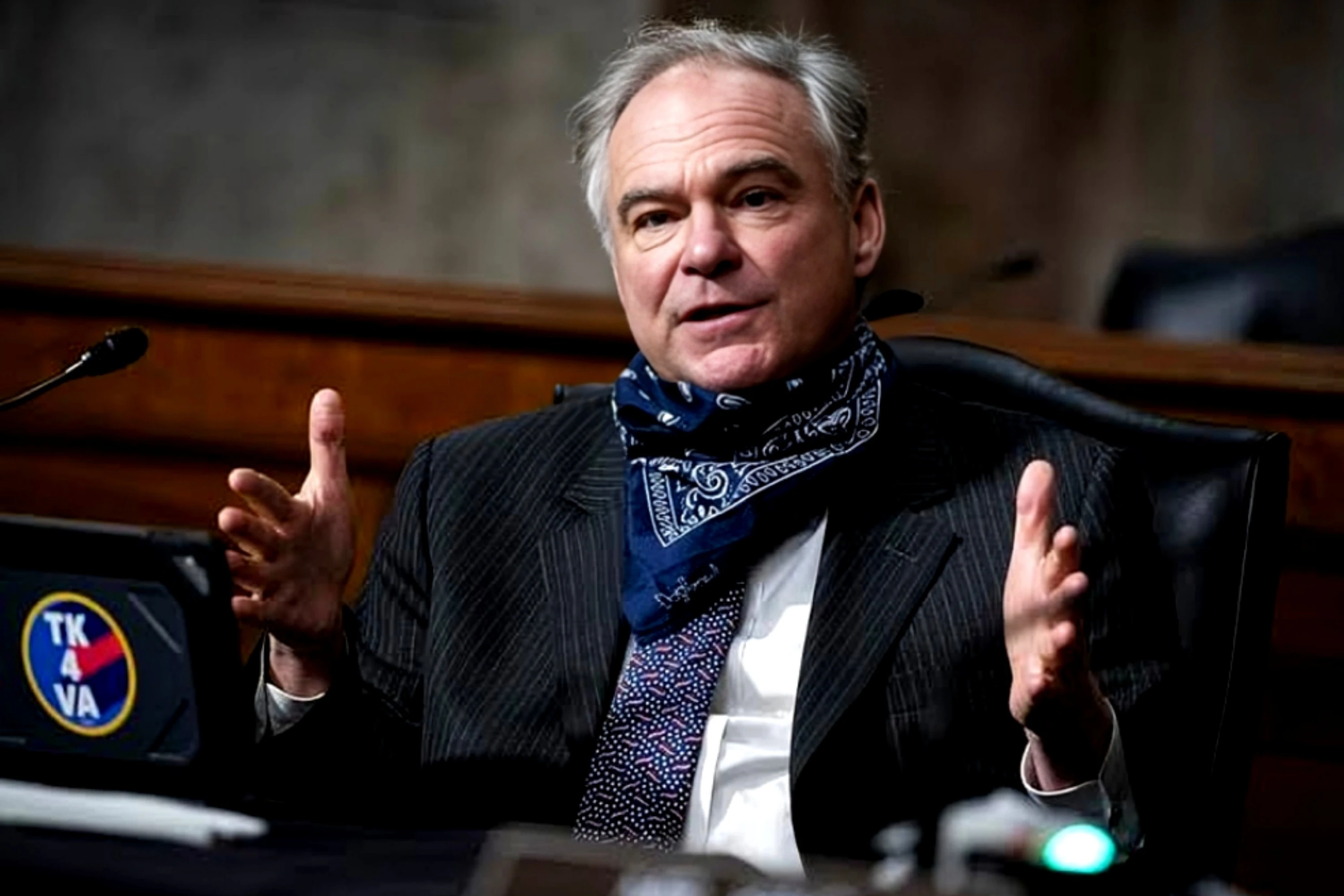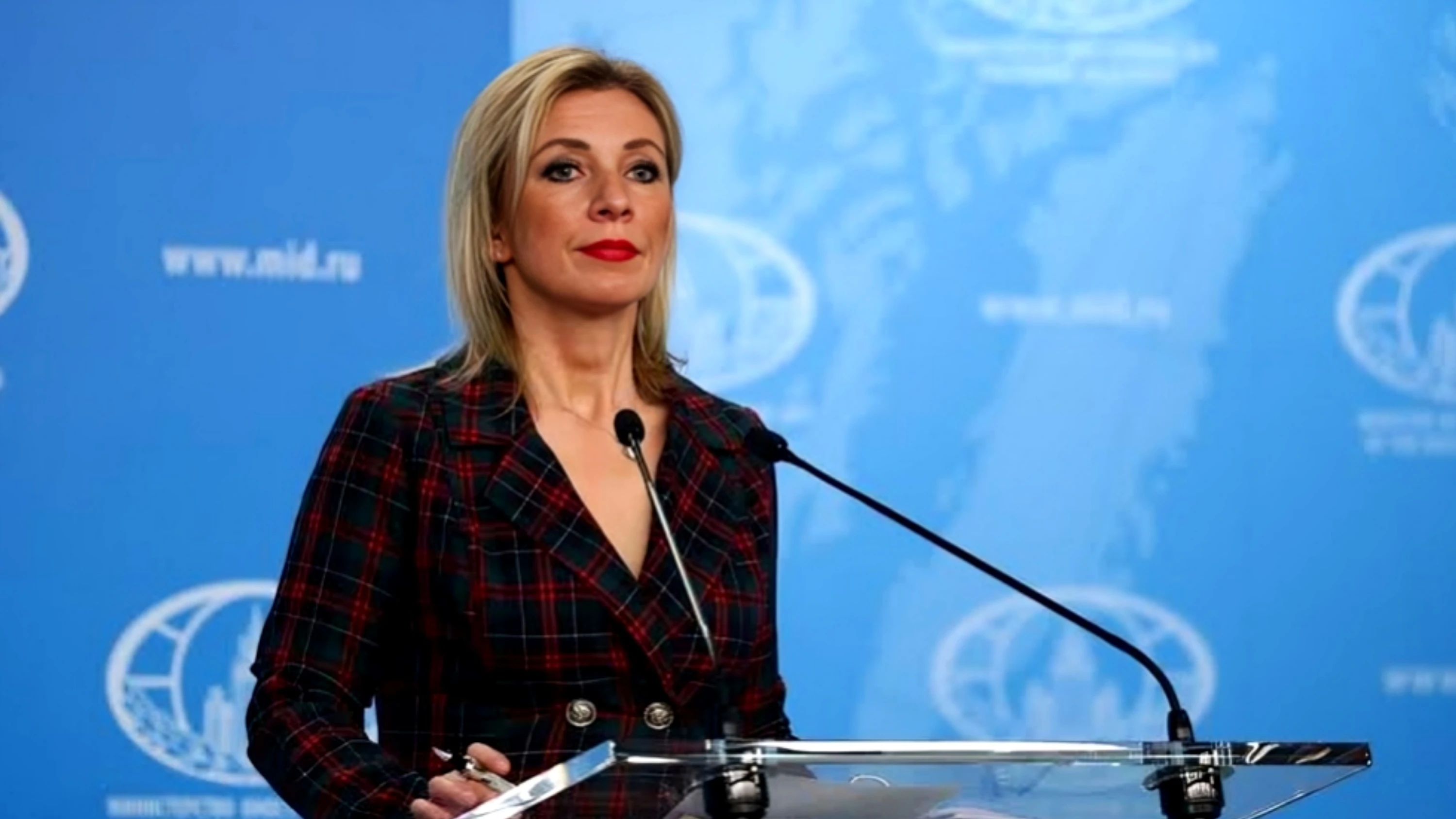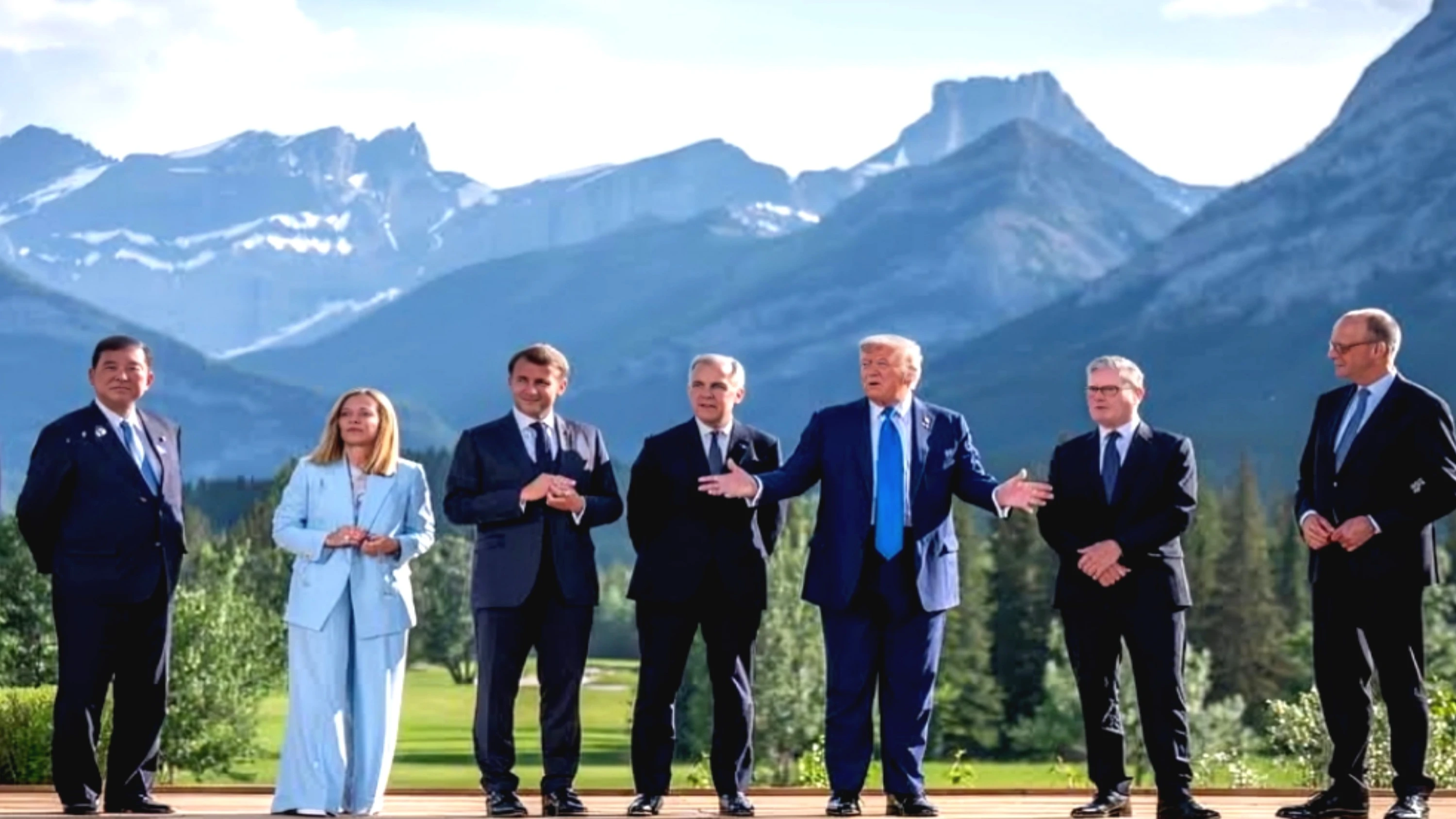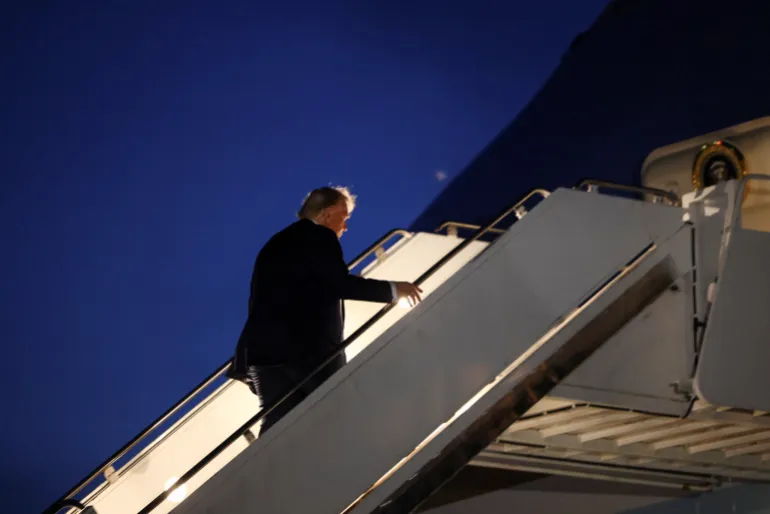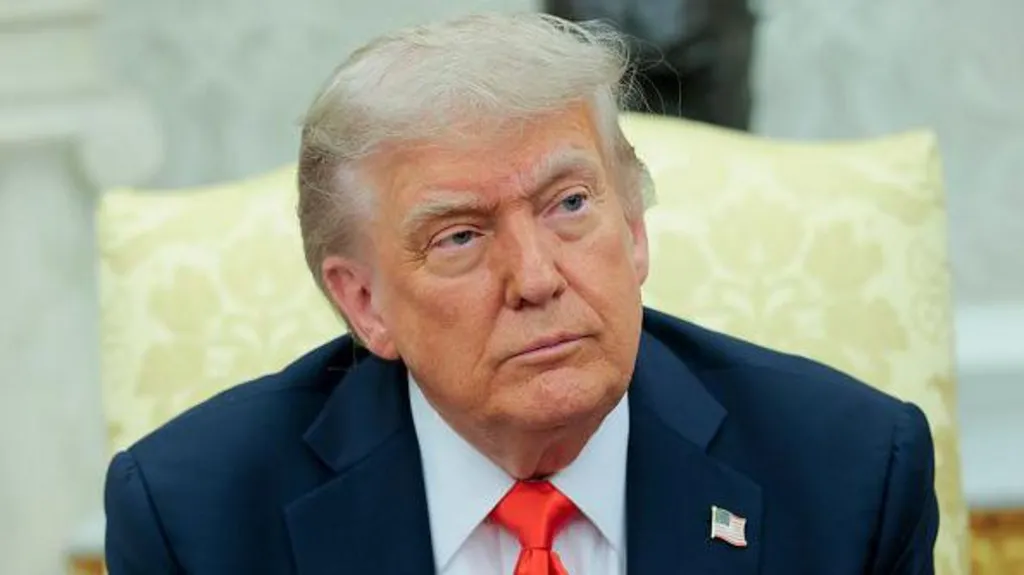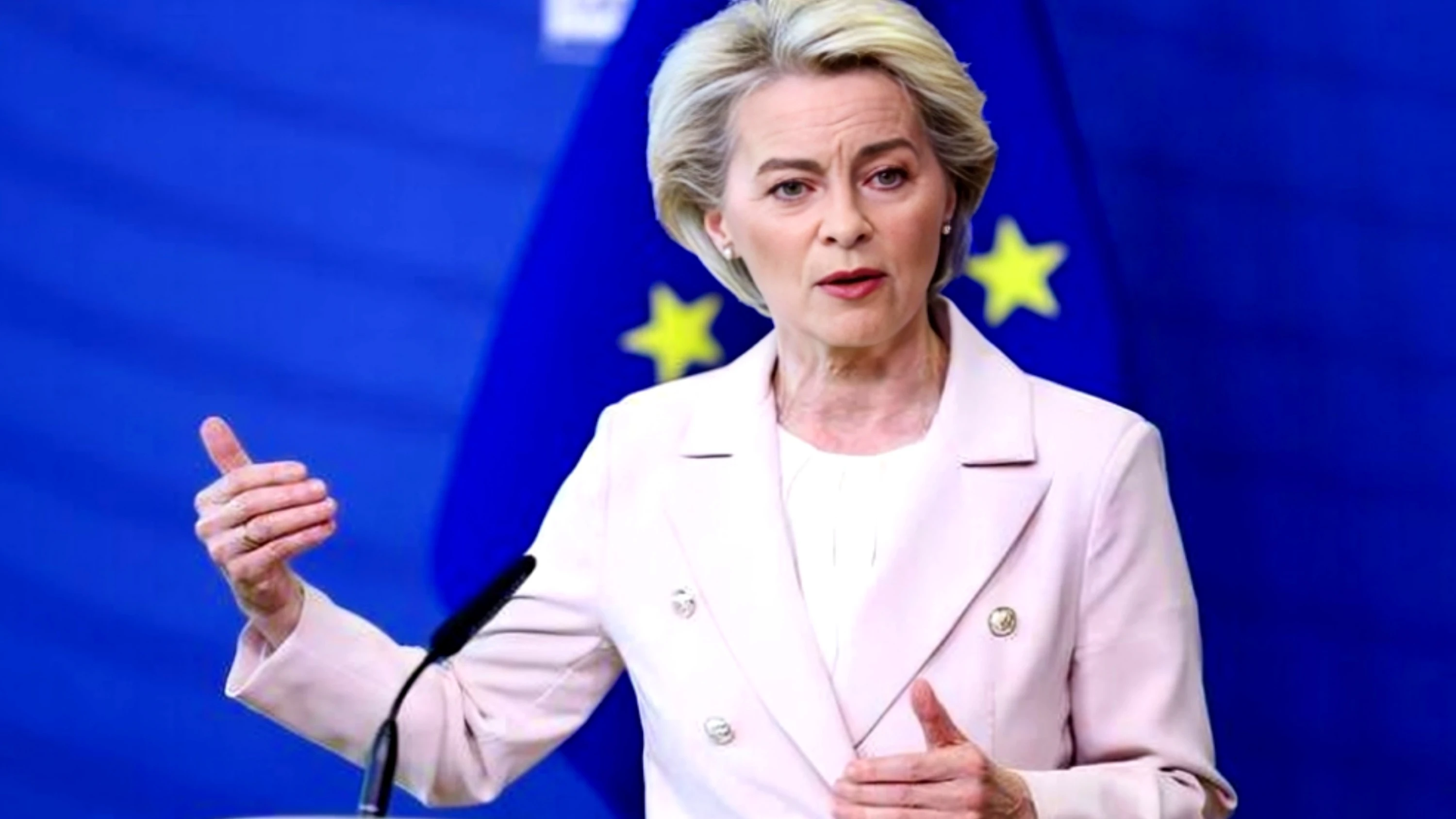Moscow: In a significant geopolitical move, Russia’s Supreme Court announced on Thursday that it has officially removed the Afghan Taliban movement from its list of terrorist organizations, where it had been designated since 2003. The decision, read by Judge Olga Nedov, effectively lifts restrictions previously imposed on the group under Russia’s anti-terrorism legislation and takes immediate effect.
The Taliban's Foreign Minister, Amir Khan Muttaqi, welcomed the decision in a meeting with Russian Ambassador Dmitry Zhirnov in Kabul, calling it the removal of the last legal barrier to stronger political and economic ties between the two countries.
The case for delisting the Taliban was introduced to Russia’s Supreme Court last month. Despite their long-standing designation, Russian officials have engaged with the Taliban in recent years, hosting delegations in Moscow and maintaining open lines of communication.
The move follows a policy initiative launched last spring to consider removing the Taliban from the terrorism blacklist. Over time, even Russian state media had begun refraining from labeling the Taliban as "terrorists."
The Supreme Court’s decision came just two days after Syrian President Bashar al-Assad, an ally of Moscow, was ousted—hinting at Russia’s shift to build new regional alliances.
In November, Secretary of Russia’s Security Council Sergei Shoigu led a high-level delegation to Kabul, marking the highest-ranking Russian visit since the Taliban's return to power. His trip was seen by analysts as a sign of growing cooperation. Shoigu discussed expanded economic ties and investment opportunities between the two countries.
Historically, the Taliban had been labeled a terrorist group in Russia due to their support for Chechen separatists and their declared jihad against Russia in the 1990s. The Taliban's first rule in Afghanistan (1996–2001) and their subsequent designation in 2003 as a banned organization were linked to those affiliations.
During the past two decades, Russian authorities have prosecuted individuals for maintaining ties with the Taliban, with such connections often considered attempts to justify terrorism. For example, in May 2024, Russian journalist and filmmaker Nadezhda Kovorkova was arrested for writings deemed supportive of the Taliban.
Russia’s current list of terrorist and banned organizations includes groups such as al-Qaeda, Islamic Jihad, Egypt’s Ekhwan-Al-Muslimuun, Hizb ut-Tahrir, Lashkar-e-Taiba, the Islamic State (ISIS), and Jabhat al-Nusra.
Organizations on this list face asset freezes, financial transaction bans, media restrictions, and criminal prosecution under Russian law.
Russia and the United States differ significantly in their criteria for classifying terrorist organizations. While Russia focuses on threats to domestic security, particularly from the Caucasus, the U.S. targets groups posing global or allied threats, including white supremacist groups like the Ku Klux Klan.
The delisting of the Taliban paves the way for Russian companies to invest in Afghanistan, opens Russian markets to Afghan goods, and may resume direct Kabul-Moscow flights. The Afghan-Russian trade volume is estimated to have reached $1 billion annually.
in similar actions, Kazakhstan in December 2023 also removed the Taliban from its banned list. Other Central Asian countries may follow.
The decision, however, has sparked criticism from Afghan women’s rights activists. Parwana Ebrahimi Khil, a former detainee for protesting Taliban policies, called the move "disheartening" and an endorsement of a regime that has stripped Afghan women of their rights. She condemned Russia’s decision as a violation of women's rights and a political endorsement of oppression.
While Russia has previously urged the Taliban to form an inclusive government, it has not made women’s rights a condition for formal recognition.
The Taliban have insisted that forming an inclusive government is an internal matter and rejected foreign intervention in their governance.
In 2019, Taliban representatives visited Moscow for intra-Afghan dialogue and later met with Russian Foreign Minister Sergei Lavrov to mark 100 years of diplomatic relations between Russia and Afghanistan.
In 2024, Russian Presidential Envoy Zamir Kabulov revealed that both Russia’s foreign and justice ministries had recommended removing the Taliban from the terrorist list, emphasizing that Russia could not recognize the Taliban as a legitimate authority without this legal step. Lavrov supported the move, calling it a reflection of the “reality on the ground” and acknowledging the Taliban as the dominant force in Afghanistan.
The change in Russia’s stance followed the Taliban’s declaration of war against ISIS—a group responsible for a deadly attack in Moscow in March 2024 that killed 145 people. President Vladimir Putin later referred to the Taliban as Russia’s "partner" in the fight against terrorism at the 2024 SCO summit.
Russia’s view of the Taliban softened even before the U.S. withdrawal from Afghanistan in 2021. Lavrov described Taliban leaders as "reasonable," and Ambassador Zhirnov said the group had made a positive impression on him.
Taliban representatives have since participated in major events in Russia, including the "Russia-Islamic World" conference in Kazan and the St. Petersburg International Economic Forum.
[Human Online, BBC]



